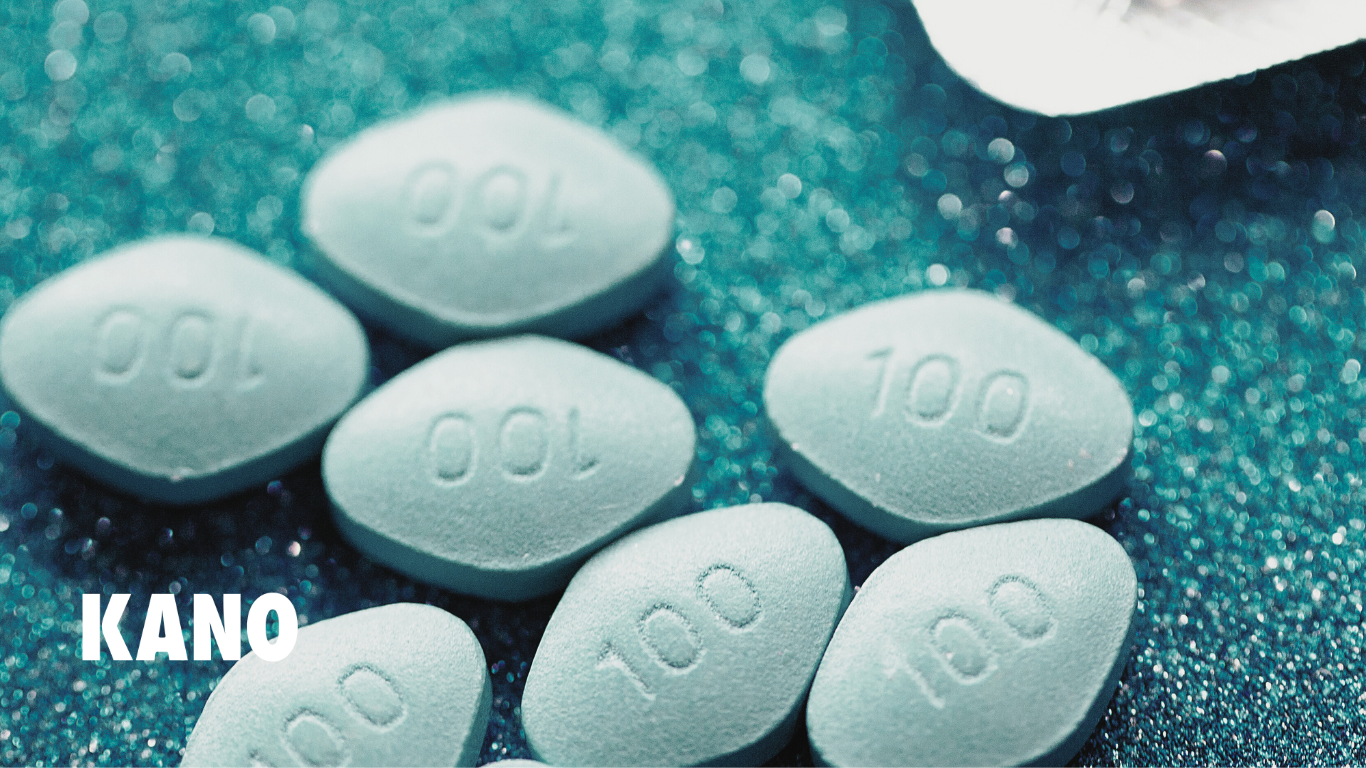1. Psychological and emotional factors
Among young men, performance anxiety is one of the main causes of erectile dysfunction. Social pressure and the fear of not satisfying their partner can create a vicious cycle where the anticipation of failure becomes the cause of failure itself. Stress related to career, studies, or personal relationships can also negatively impact the ability to maintain an erection.
Depression and mood disorders are also significant factors. Young men suffering from depression may be less inclined to experience sexual arousal, and antidepressant medications can also cause side effects on erectile function.
2. Lifestyle and habits
The lifestyle habits of young men also play a crucial role in the occurrence of erectile dysfunction. Excessive consumption of alcohol, tobacco, and recreational drugs directly affects sexual health. Alcohol, in particular, is a common factor, often known for its depressive effects on the central nervous system, which can inhibit the erectile response.
Being overweight, lack of exercise, and an unhealthy diet are also risk factors. A sedentary lifestyle and poor cardiovascular health can impair blood circulation and thus prevent sufficient blood flow to the penis.
3. Hormonal and health issues
Although less common, some young men may suffer from hormonal disorders, including low testosterone production, which can lead to decreased libido and erectile dysfunction. Other underlying medical conditions, such as neurological or vascular disorders, may also contribute to erectile dysfunction.
Finally, taking certain medications, including those prescribed for the treatment of high blood pressure, anxiety, and depression, can have side effects that affect erectile function.
Solutions to overcome erectile dysfunction in young men
If erectile dysfunction in young men is a frustrating issue, it is important to note that in the vast majority of cases, it is treatable. Here are some common solutions to manage and overcome this disorder.
1. Psychological therapy and stress management
For young men whose erectile dysfunction is primarily due to psychological causes, therapy can be an extremely effective solution. Cognitive-behavioral therapy (CBT), for example, helps to identify and manage negative thoughts that lead to performance anxiety. Working with a sexologist can also help restore self-confidence and demystify the sexual experience.
Stress management, through techniques such as meditation, mindfulness, or yoga, can also reduce the negative impacts on erectile function. Relaxation sessions before an intimate encounter can help to reduce pressure and improve performance.
2. Lifestyle Improvement
Adopting a healthier lifestyle is one of the most effective solutions to combat erectile dysfunction. Quitting smoking, reducing alcohol consumption, and avoiding recreational drugs are crucial steps. Moreover, maintaining a balanced diet, rich in fruits, vegetables, and lean proteins, can improve blood circulation and overall health.
Regular exercise also plays a major role in improving erectile function. Physical activity stimulates blood circulation, improves cardiovascular health, and can increase testosterone levels. Endurance sports, such as running or swimming, as well as muscle-strengthening exercises, can have positive effects on libido and erectile capacity.
3. Medications
In some cases, it may be necessary to use medication to treat erectile dysfunction in young men. Drugs like Viagra (Sildenafil), Cialis (Tadalafil), or Levitra (Vardenafil) are commonly prescribed to help achieve and maintain an erection. They work by increasing blood flow to the penis, thus facilitating an erection in response to sexual stimulation.
These medications are effective for a vast majority of men, but they must be used under a doctor's supervision, especially due to potential contraindications and side effects.
4. Natural solutions and dietary supplements
Some young men opt for natural solutions, such as dietary supplements, to boost their erectile function. Substances like ginseng, L-arginine, or maca are often touted for their beneficial effects on sexual health. Although their effectiveness is not always scientifically proven, some men notice an improvement in their performance by using them.
However, it is essential to consult a healthcare professional before taking supplements, as some interactions with other medications or medical conditions can be problematic.
Conclusion
Erectile dysfunction in young men can be a sensitive topic, but it is crucial to address it openly to find appropriate solutions. Whether the causes are psychological, lifestyle-related, or medical, there is a range of options to restore sexual confidence and improve quality of life. By taking concrete steps, consulting professionals, and adopting healthy lifestyle habits, young men can overcome this challenge and regain a fulfilling sex life.









